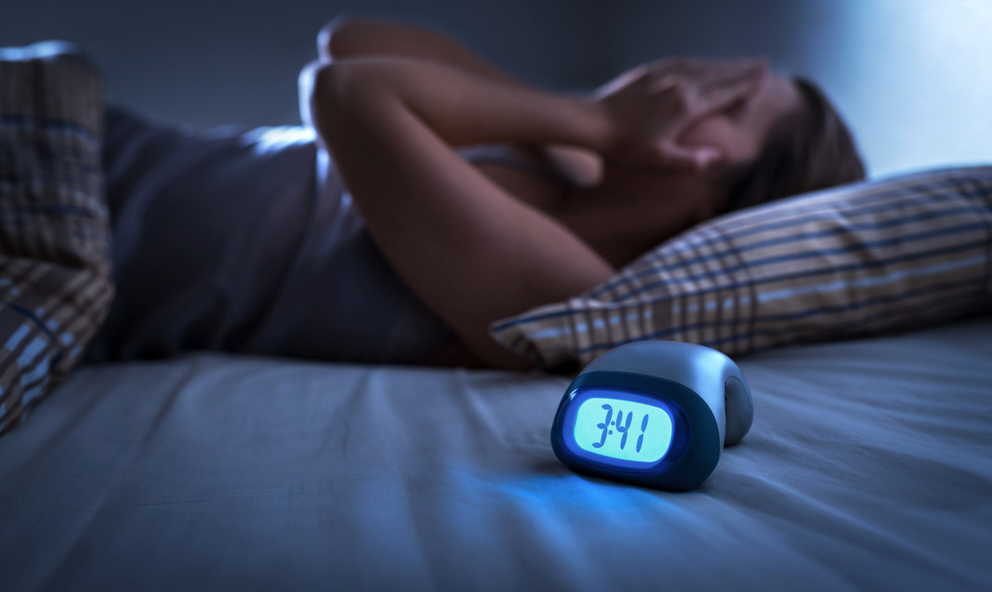Are you tossing and turning at night, struggling to get the restful sleep you need? You’re not alone. Sleep problems are a common and often frustrating symptom of menopause, affecting up to 61% of menopausal women. In this comprehensive guide, we’ll explore the causes of sleep disturbances during menopause and provide you with expert tips and tricks to help you reclaim your nights and wake up refreshed.
Understanding Sleep Problems During Menopause
Why Does Menopause Affect Sleep?
Menopause brings about significant hormonal changes in a woman’s body, particularly a decrease in estrogen and progesterone levels. These hormones play crucial roles in regulating sleep patterns:
- Estrogen: Helps regulate body temperature and influences the production of sleep-inducing chemicals in the brain.
- Progesterone: Has a sedative effect, promoting relaxation and sleep.
As these hormone levels fluctuate and decrease, various sleep-disrupting symptoms can occur.
Common Sleep Disruptors During Menopause
- Night Sweats: Sudden feelings of heat that can wake you from sleep
- Hot Flashes: Intense warmth in the upper body, face, and neck
- Mood Changes: Anxiety and depression can interfere with falling asleep
- Increased Urination: More frequent nighttime trips to the bathroom
- Sleep Apnea: Risk increases due to hormonal changes and weight gain
The Impact of Poor Sleep on Menopausal Women
Chronic sleep problems can have far-reaching effects on your health and quality of life:
- Daytime Fatigue: Affecting productivity and mood
- Cognitive Function: Impaired memory and concentration
- Increased Health Risks: Higher risk of obesity, cardiovascular disease, and diabetes
- Mood Disorders: Exacerbation of anxiety and depression symptoms
- Weakened Immune System: Making you more susceptible to illnesses
Expert Tips and Tricks for Better Sleep During Menopause
1. Optimize Your Sleep Environment
Create a sleep sanctuary that promotes restful nights:
- Keep it Cool: Maintain a bedroom temperature between 60-67°F (15-19°C)
- Darkness is Key: Use blackout curtains or an eye mask
- Reduce Noise: Try earplugs or a white noise machine
- Invest in Comfort: Choose breathable, moisture-wicking bedding and pajamas
2. Establish a Consistent Sleep Schedule
Regulate your body’s internal clock:
- Go to bed and wake up at the same time every day, even on weekends
- Aim for 7-9 hours of sleep per night
- Create a relaxing bedtime routine to signal your body it’s time to wind down
3. Mind Your Diet and Exercise
What you eat and how you move can significantly impact your sleep:
- Limit Caffeine: Avoid consuming caffeine after 2 PM
- Watch Alcohol Intake: While it may help you fall asleep, it often leads to disrupted sleep later
- Regular Exercise: Aim for 30 minutes of moderate exercise most days, but not too close to bedtime
- Evening Snacks: If hungry, opt for sleep-promoting foods like banana, almonds, or chamomile tea
4. Manage Night Sweats and Hot Flashes
- Layer Your Bedding: Use easily removable layers for quick temperature adjustments
- Cool Down Quick: Keep a glass of cold water and a small fan by your bedside
- Consider Cooling Products: Try pillows, mattress toppers, or pajamas designed to regulate temperature
5. Practice Relaxation Techniques
Calm your mind and body before bed:
- Deep Breathing Exercises: Try the 4-7-8 technique (inhale for 4 counts, hold for 7, exhale for 8)
- Progressive Muscle Relaxation: Systematically tense and relax muscle groups
- Mindfulness Meditation: Focus on the present moment to reduce anxiety and racing thoughts
6. Explore Natural Remedies
Some women find relief with:
- Melatonin Supplements: Discuss with your healthcare provider for appropriate dosage
- Herbal Teas: Chamomile, valerian root, or passionflower may promote relaxation
- Essential Oils: Lavender or chamomile aromatherapy can create a calming atmosphere
7. Consider Cognitive Behavioral Therapy for Insomnia (CBT-I)
CBT-I is a structured program that helps you identify and replace thoughts and behaviors that cause or worsen sleep problems with habits that promote sound sleep. It’s considered a first-line treatment for chronic insomnia and can be especially helpful for menopausal women.
8. Discuss Hormone Therapy with Your Doctor
For some women, hormone therapy can alleviate menopause symptoms, including sleep disturbances. However, it’s not suitable for everyone, so consult with your healthcare provider to discuss potential benefits and risks.
When to Seek Professional Help
If sleep problems persist despite trying these strategies, it’s important to consult a healthcare professional. They can:
- Rule out other sleep disorders or health conditions
- Provide personalized treatment plans
- Recommend specialized sleep studies if necessary
Conclusion: Sweet Dreams Are Possible
While sleep problems are a common challenge during menopause, they don’t have to be a permanent part of your nightly routine. By implementing these expert tips and tricks, you can improve your sleep quality, manage menopause symptoms more effectively, and wake up feeling refreshed and ready to tackle your day.
Remember, every woman’s menopause journey is unique. Be patient with yourself as you explore what works best for you. With persistence and the right strategies, restful nights are within reach.
Sweet dreams and happy sleeping!
